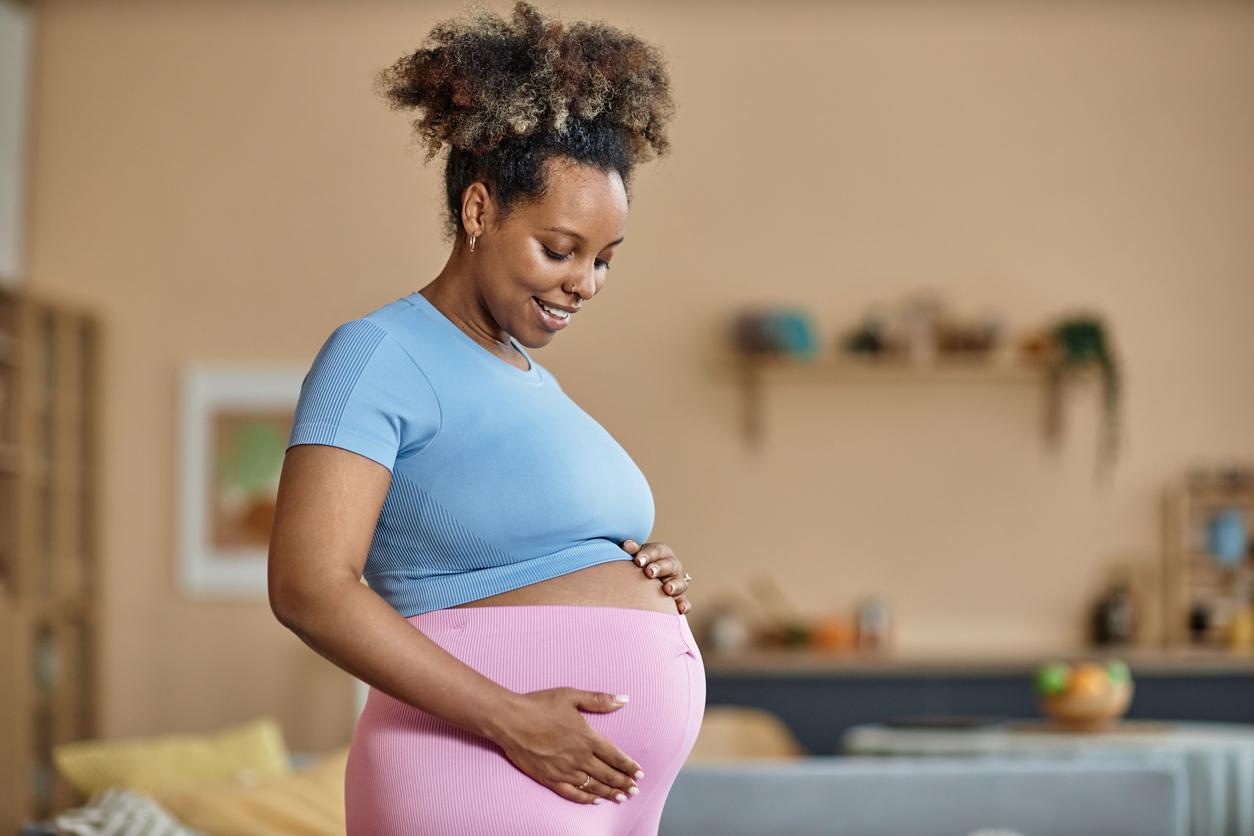Dietician-nutritionist Alexandra Murcier explains how to increase your chances of conceiving a child.

- In France, approximately one in four couples face infertility, a figure that has been constantly increasing in recent years.
- To help them, dietician-nutritionist Alexandra Murcier gives them advice on their diet.
- “Nutrition has long been neglected in the medical management of infertility, yet it plays a key role,” explains the health professional.
While the President of the Republic has announced the launch of a major plan to combat infertility, there are still many false beliefs on the subject and its links with diet. Alexandra Murcier, dietician-nutritionist and co-creator of the BeMum program, helps us to sort out the truth from the falsehood on this subject.
1/ Women with low vitamin D levels are less likely to get pregnant than those with high levels.
It’s true. Researchers have just confirmed the importance of vitamin D for achieving pregnancy naturally but also in an assisted reproduction process.
How? By studying the link between the level of vitamin D in the blood and in the follicular fluid with the number of clinical pregnancies observed in women monitored in PMA.
The result? In the population of women with low levels of vitamin D in the follicular fluid, there are less than 8% of pregnancies observed, while in the population of women with the highest levels of vitamin D, the proportion is 41%.
2/ A nutritionist is not a health professional to think of when you have a fertility problem.
It’s wrong. Nutrition has long been neglected in the medical management of infertility, yet it plays a key role. Indeed, several studies have shown that being underweight or overweight can impact the ability to conceive a child.
Furthermore, eating healthily does not necessarily mean that you have a diet adapted to stimulating fertility.
3/ Omega-3 supplementation helps improve fertility.
It’s true. A recent clinical study conducted in a fertility center in Austria showed that supplementation containing omega-3 in particular improved the fertility of women undergoing medically assisted procreation or engaged in natural conception.
4/ Following a profertility diet can increase the chances of pregnancy.
It’s true. Consulting a nutritionist allows you to have a diet that targets certain minerals and vitamins that play a direct role in fertility. This optimizes your chances of getting pregnant.
According to a 2019 study by researchers at Harvard University in the USA, women who follow a profertility diet are 43% more likely to get pregnant than women who do not follow any diet. The latter is distinguished in particular by the adoption of foods with a low pesticide content so as not to disrupt hormonal balance. It also includes foods that are beneficial for fertility such as fruits, vegetables, whole grains, fish, etc. It is also associated with taking specific food supplements such as vitamin B12, folic acid, vitamin D or antioxidants.
In France, around one in four couples fail to achieve pregnancy naturally after 12 months of trying, a figure that is constantly increasing.















